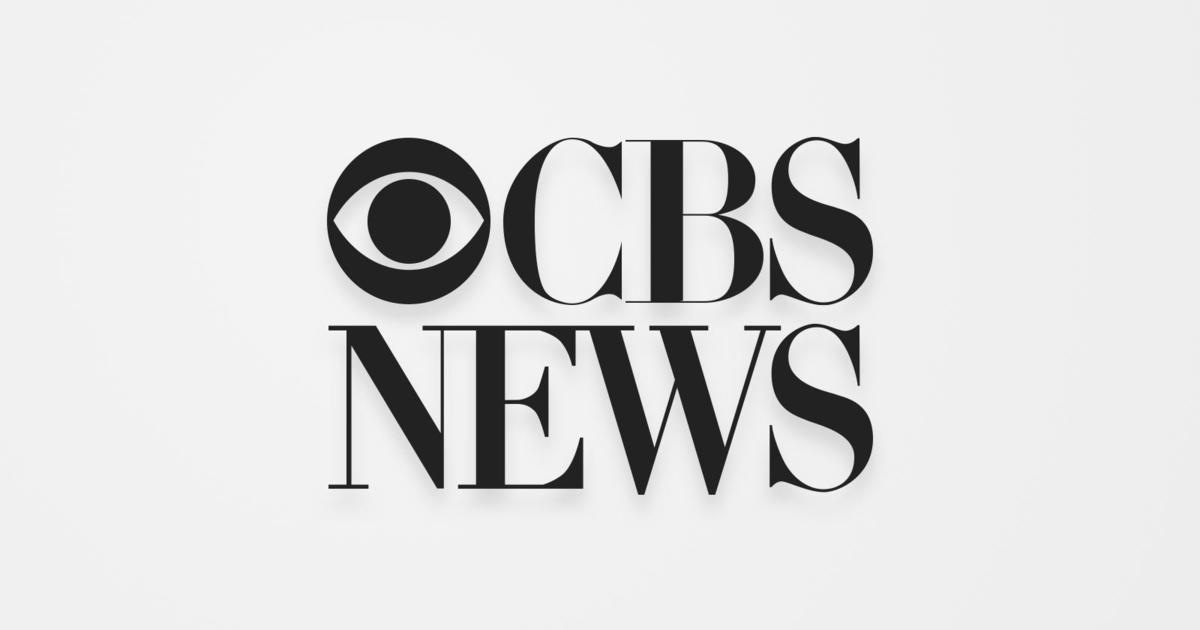Partner Alex Conant Comments on Government Communications Amidst Coronavirus in CBS News
March 26, 2020
Coronavirus crisis puts White House messaging to the test
Washington — After weathering a two-year investigation into Russian meddling in the 2016 election and a five-month long impeachment process, President Trump is facing the most urgent and difficult communications challenge of his presidency with the coronavirus pandemic. Politicians and strategists have been pressing him for cohesive messaging on the crisis as the public looks to the administration to figure out what actions they should be taking in response to the outbreak.
“This is a virus that nobody knows anything about, that no one has ever heard of before, and people don’t know how to assess the risk,” Alex Conant, a GOP strategist who served as a White House spokesman under President George W. Bush, said. “With these highly contagious, low-mortality diseases, it’s so important to have good public communications early, because that’s the only way of slowing the spread.”
But early on, there were efforts by Mr. Trump to downplay the coronavirus threat, and at times he offered information that contradicted government scientists and doctors. In his first remarks on the coronavirus, in late January, Mr. Trump seemed unconcerned, telling CNBC’s Joe Kernen “we have it totally under control. It’s one person coming in from China.” On Valentine’s Day, the president said the number infected in the U.S. was “very small. “It’s like around 12. Many of them are getting better,” he said. “Some are fully recovered already. So, we’re in very good shape.”
When this virus is contained, there are sure to be those who think that if the Trump administration had signaled urgency earlier on, the pandemic could have been contained more quickly. There are now more than 60,000 confirmed cases in the U.S. and over 800 fatalities.
“Part of the reason the virus has spread so fast is because of poor government communications around the world,” Conant said, “starting with the Chinese regime, but continuing to a lot of western governments who were slow to warn their citizens.”
The cracks in the administration’s messaging strategy were evident in recent weeks. Many Americans were still going to bars and restaurants, and college students defied coronavirus to interfere with their spring break partying, even as public health officials warned of its severity.
“I think that’s part of why you saw a ratcheting up of the rhetoric [last week] — because the administration recognized its messaging efforts were failing,” Conant said. It “needed to explain and convince people to embrace social distancing, and give more specific guidance on terms of what employers and businesses should be doing.”
What people need, he said, are “facts and actionable information…the two keys to defeating a pandemic.”